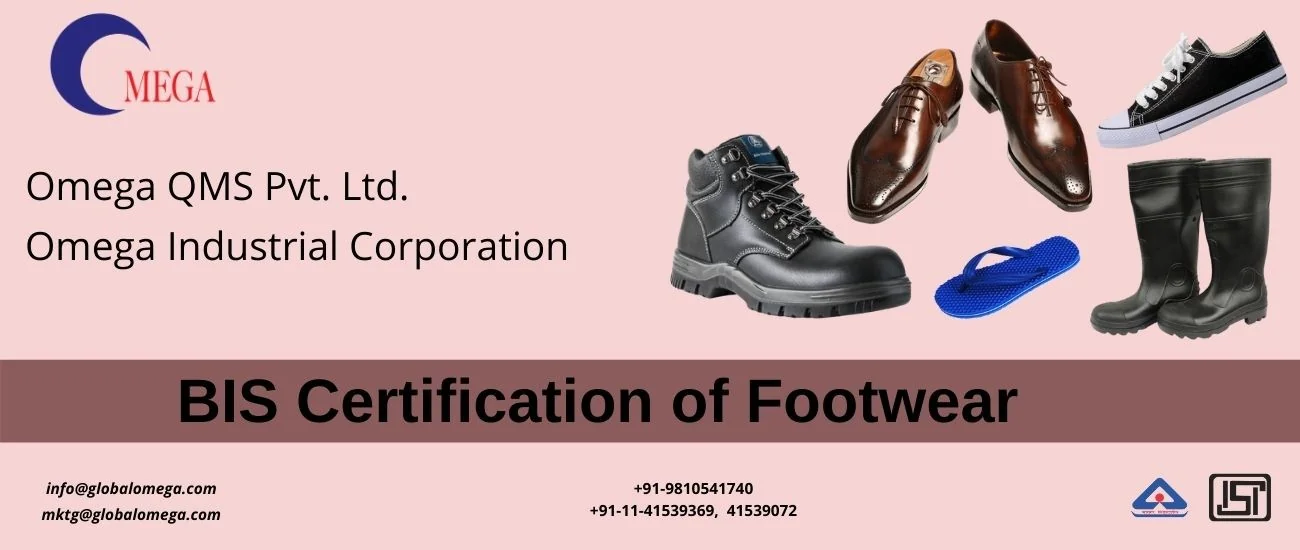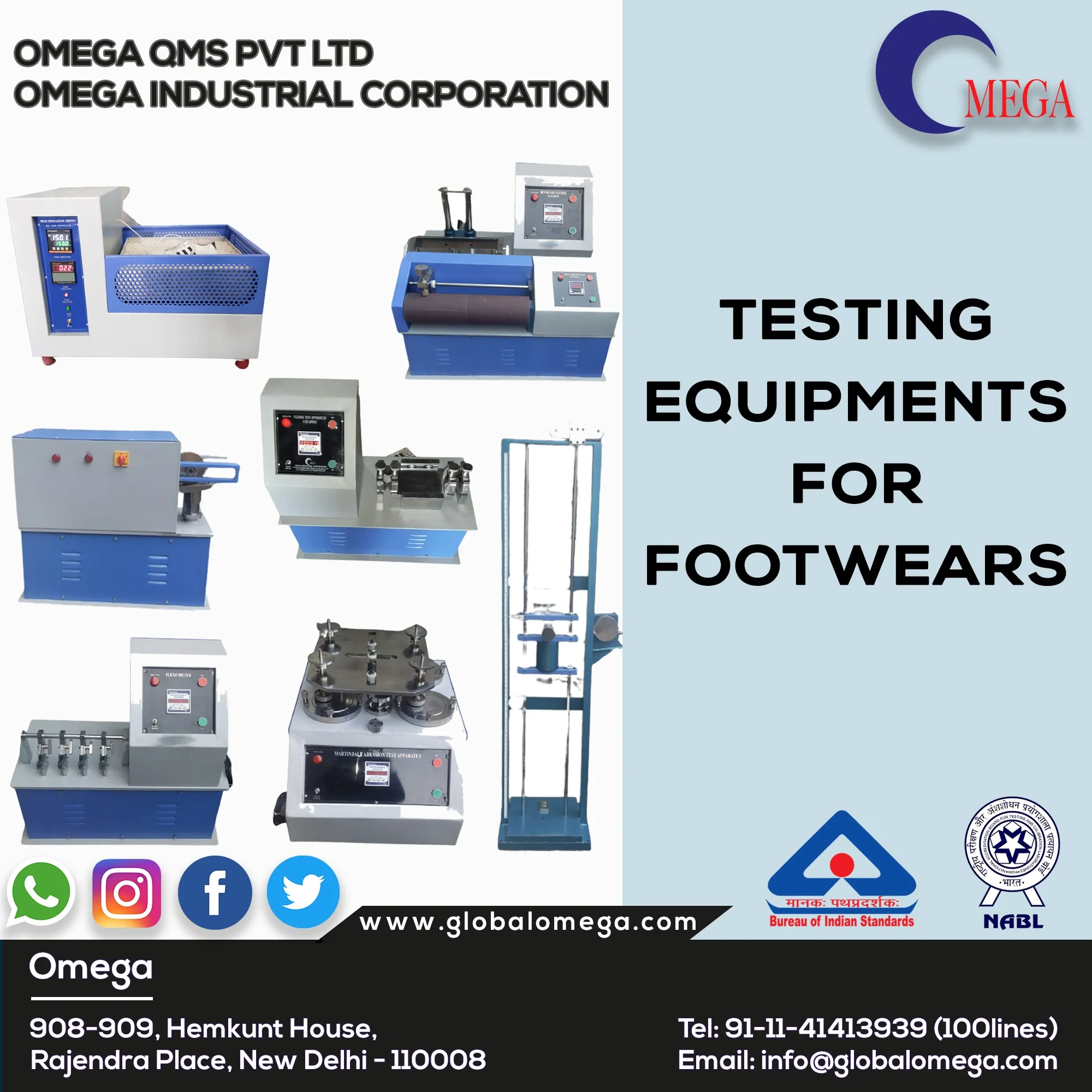Mandatory Testing and Certification of Telecom Equipments by TEC

Let’s begin with understanding BIS and its functions.
BIS stands for Bureau of Indian Standards and provides third-party assurance of quality, safety, and reliability of BIS certified products to the users/customers.
Brief for BIS
BIS is the National Standard Body of India established under the BIS Act 2016 for the harmonious development of the activities of standardization, marking and quality certification of goods and for matters connected therewith or incidental thereto. BIS has been providing traceability and tangibility benefits to the national economy in a number of ways – providing safe reliable quality goods; minimizing health hazards to consumers; promoting exports and imports substitute; control over proliferation of varieties etc. through standardization, certification, and testing.
BIS Product Certification
Under the product certification scheme – I, BIS grants license to use the standard mark or grants certificate of conformity as per conformity assessment schemes given in BIS (Conformity Assessment) Regulations, 2018. The Product Certification Schemes of BIS aims at providing Third Party assurance of quality, safety and reliability of products to the customer. Presence of BIS certification mark, known as Standard Mark, on a product is an assurance of conformity to the specifications. The manufacturer is permitted to self certify the licence products after ascertaining its conformity to the Standard. Although, the scheme itself is voluntary in nature, the Government of India, on considerations of public health and safety, security, infrastructure requirements and mass consumption has enforced compulsory certification on various products through Orders issued from time to time under various Acts.
Why did the government of India Introduce BIS certification?
If it is to be answered simply, then it would be to “ensure Quality and Safety”.
Mandatory BIS Certification of Footwear:
1. Leather and Footwear Order 3403 on dated 27th October 2020
2. Leather and Footwear Order 3404 on dated 27th October 2020
3. Leather and Footwear Order 3406 on dated 27th October 2020

List of Products covered under the 3 QCOs
| Product Category | BIS Indian Standard Code |
|---|---|
| Personal Protective Equipment – Footwear | IS 15298 (Part 2, 3, 4) |
| Leather safety boots and shoes | IS 1989 (Part 1 & 2) |
| Canvas Shoes Rubber Sole | IS 3735 |
| Canvas Boots Rubber Sole | IS 3736 |
| Safety Rubber Canvas Boots for Miners | IS 3976 |
| Leather safety footwear having direct moulded Rubber Sole | IS 11226 |
| Sports footwear | IS 15844 |
| High ankle tactical boots with PU – Rubber Sole | IS 17012 |
| Leather safety footwear with direct moulded PVC sole | IS 14544 |
| Antiriot shoes | IS 17037 |
| Derby shoes | IS 17043 |
| Industrial and protective rubber knee and ankle boots | IS 5557 |
| Solid PVC soles and heels | IS 6719 |
| PVC sandal | IS 6721 |
| Rubber Hawaii Chappal | IS 10702 |
| Footwear for men and women for municipal scavenging work | IS 16994 |
| Unlined moulded rubber boots | IS 13995 |
| Polyurethane sole, semi rigid | IS 13893 |
| Polyvinyl chloride (PVC) industrial boots | IS 12254 |
| Slipper, rubber | IS 11544 |
| Rubber microcellular sheets for soles and heels | IS 6664 |
| Moulded solid rubber soles and heels | IS 5676 |
| Moulded plastics footwear lined or unlined polyurethane boots for general industrial use | IS 16645 |
Products covered under the 3 QCOs for mandatory BIS certification of footwear.

Amendments to BIS certification for footwear
Bureau of Indian Standards (BIS) has in furtherance to the Quality management orders covering footwear made from rubber/polymeric material, leather and other material, has recently notified a clarification to facilitate the footwear manufacturers. To ensure that manufacturers and importers maintain quality, as well as to prevent the import of substandard footwear, the Department for Promotion of Industry and Internal Trade (DPIIT) of the Government of India issued an order on October 27, 2020, requiring all footwear produced, manufactured, stocked, sold, and traded in the country to bear the BIS label.
These quality control standards for leather shoes and other compound footwear will be introduced in India in order to limit imports and prevent the development of sub-standard items. This advisory applies to a variety of leather accessories, including anti-riot shoes and safety boots.
Why there is a need for getting professional assistance for obtaining BIS certification?
BIS certification for any product is a complex and elaborate exercise, starting from product development and validation, and thereafter, going through the process of BIS certification. At the outset, the manufacturer has to set up in-house complete test laboratory for testing the product. This is followed by development and validation of the product as per the relevant Indian Standard. After the manufacturer is able to manufacture the product of desired quality consistently, it may apply to BIS for certification. The application is filed online, while ensuring that it is complete and all required documents are uploaded, including inter alia, list of manufacturing machinery, test equipment and their calibration, testing personnel, process flow-chart, etc.During the audit, applicant is required to physically demonstrate its complete manufacturing process and testing capability, and establish that it is competent to manufacture and test the product as per the relevant Indian Standard. Applicant is also required to offer at least two different lots of product for in-house testing and for testing in BIS’s own or BIS recognized independent laboratory. After successful completion of the audit, a sample is drawn by BIS official for independent testing. If the sample is reported conforming to the relevant Indian Standard, BIS processes the application for grant of licence to the manufacturer. It usually takes about 3 months to complete the entire process, as explained. Seeking a professional assistance for BIS certification can save a lot of time, money, and resources.
We, at Omega QMS, are providing full technical assistance for BIS certification for all types of Footwear. Omega has team of Qualified Engineers having vast experience in conformity assessment and regulatory compliance. The team is managed by retired senior officers of BIS, who have served BIS at very senior positions for decades.
We, at Omega QMS, provide end-to-end professional guidance and assistance for BIS certification. We are situated at a central location in Delhi and are providing services to clients throughout the country and overseas. We are engaged by several Fortune 500 companies, globally, and have been serving our clients in >40 countries, worldwide.
Frequently Asked Questions
Is BIS certification mandatory for all types of footwear in India?
Yes, BIS certification is mandatory for footwear covered under the three Quality Control Orders (QCOs) issued on October 27, 2020. These orders apply to footwear made from leather, rubber, polymeric materials, and other compounds.
The QCOs (Orders 3403, 3404, and 3406) cover a comprehensive range of footwear products including safety footwear, sports footwear, canvas shoes, rubber slippers, PVC sandals, industrial boots, and specialized footwear like anti-riot shoes and tactical boots. All footwear manufactured, imported, stocked, sold, or traded in India under these categories must bear the BIS Standard Mark (ISI Mark).
What is the typical timeline for obtaining BIS certification for footwear?
The BIS certification process typically takes approximately 3 months to complete from the date of filing a complete application. However, this timeline assumes that the manufacturer is fully prepared before applying.
The process includes several key stages:
- Application filing: Online submission with complete documentation including manufacturing machinery list, test equipment, calibration records, testing personnel details, and process flow-charts.
- Factory inspection: BIS officials conduct an audit to verify manufacturing capability, test laboratory setup, quality control systems, and compliance with the relevant Indian Standard.
- Sample testing: At least two different production lots are tested in-house, and samples are drawn by BIS officials for independent testing at BIS-recognized laboratories.
- License issuance: Upon successful completion of audit and conforming test reports, BIS processes and grants the license.
Manufacturers must have an in-house test laboratory and demonstrate consistent product quality before applying. Professional assistance can streamline the process and prevent delays.
What are the main Indian Standards applicable to footwear certification?
BIS has specified over 20 Indian Standards covering different categories of footwear. The applicable standard depends on the product type, material, and intended use.
Key Indian Standards for common footwear categories:
- IS 1989 (Part 1 & 2): Leather safety boots and shoes for industrial use
- IS 15298 (Part 2, 3, 4): Personal Protective Equipment (PPE) footwear with specific safety features
- IS 3735 & IS 3736: Canvas shoes and boots with rubber soles
- IS 15844: Sports footwear specifications
- IS 6721: PVC sandals
- IS 10702: Rubber Hawaii Chappals
- IS 17012: High ankle tactical boots with PU-Rubber sole
- IS 5676: Moulded solid rubber soles and heels
Each standard specifies requirements for materials, construction methods, dimensions, performance characteristics, and testing procedures. Manufacturers must ensure their products comply with all relevant requirements of the applicable standard.
Why is an in-house testing laboratory required for BIS certification of footwear?
BIS requires manufacturers to establish a complete in-house testing laboratory as a prerequisite for certification. This requirement ensures that manufacturers can consistently verify product quality and maintain compliance with Indian Standards on an ongoing basis.
Key reasons for the in-house laboratory requirement:
- Self-certification: Once licensed, manufacturers are permitted to self-certify their products after testing, allowing faster market delivery while maintaining quality assurance.
- Continuous quality monitoring: Regular in-house testing enables manufacturers to detect and correct quality issues during production, rather than after dispatch.
- Compliance demonstration: During BIS audits, manufacturers must physically demonstrate their complete testing capability and prove competence in testing products according to the relevant Indian Standard.
- Equipment calibration: All test equipment must be properly calibrated, and calibration records must be maintained to ensure accuracy and reliability of test results.
- Qualified personnel: The laboratory must be staffed with trained testing personnel who understand the standards and testing methodologies.
Setting up a compliant testing laboratory requires careful planning, appropriate equipment selection, and trained personnel. Omega QMS provides comprehensive guidance on laboratory setup, equipment procurement, personnel training, and validation to help manufacturers meet BIS requirements efficiently.
